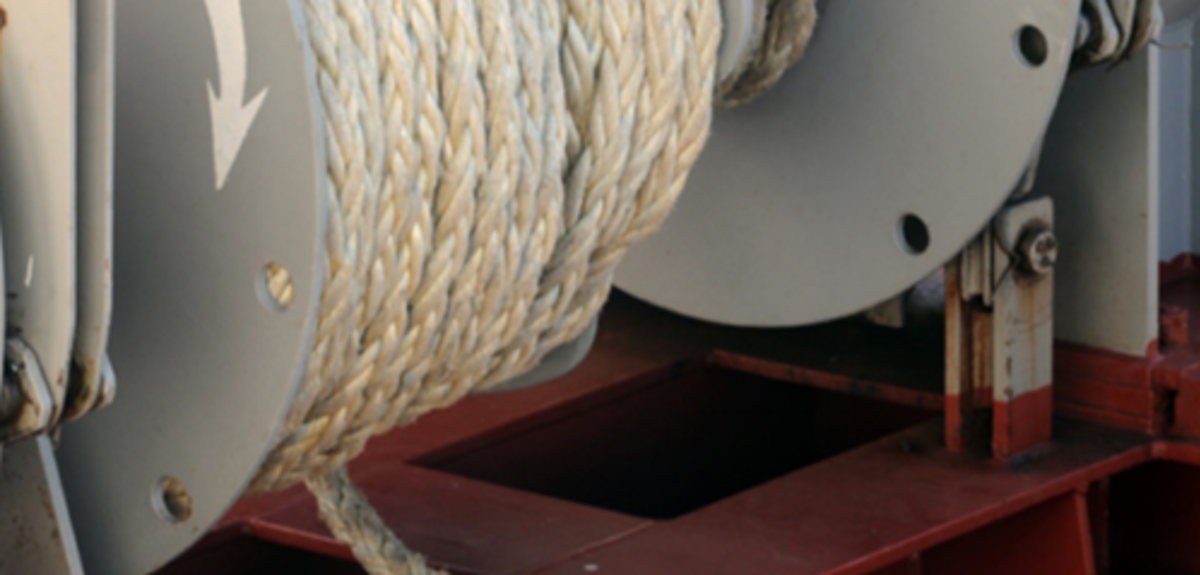Swedish Club: Lessons learned – crew member loses leg in mooring injury
- Safety Flash
- Published on 6 May 2021
- Generated on 24 January 2026
- IMCA SF 13/21
- 2 minute read
Jump to:
The Swedish [P&I] Club has recently released a “casebook” containing safety lessons learned from maritime incidents. This useful resource document can be found here: www.swedishclub.com/loss-prevention/cases/case-studies/. One of the case studies describes a very serious injury of a crew member during mooring operations.
During mooring operations, a member of the crew was caught between a mooring line and the fairlead as the mooring line paid out very fast, resulting in his leg being cut off.
A first aid team from shoreside came onboard, and thirty minutes later an ambulance arrived and took him to hospital. He survived but is now disabled.
What went wrong?
The mooring lines were let out very fast, sank, and got caught in the propeller.
Actions
-
- The vessel had a risk assessment for the mooring operation, but this did not include the risk of the mooring line getting stuck in the propeller, as the mooring line should be floating in normal circumstances.
- In addition, the mooring line was partly around the bollard, with a bight and a right angle to the normal pull direction. This arrangement caused the snapback zone to cover the entire area between the bollard and railing. When the rope ran out rapidly and got caught in the propeller it snapped back to where the Third Officer was standing, even though he was not inside the normal snapback zone.
- This shows the importance of everybody involved in the operation being aware of the risks of potential snap-back zones. Mooring a vessel is a normal operation, but the risks need to be re-evaluated every time. (IMCA emphasis).
- The vessel had a risk assessment for the mooring operation, but this did not include the risk of the mooring line getting stuck in the propeller, as the mooring line should be floating in normal circumstances.
Members may wish to refer to:
-
- 6 tips for safe mooring operations – SAFETY4SEA
- HSS038 Mooring incidents video
- HSS029 Mooring practice safety guidance for offshore vessels when alongside in ports and harbours
Related Safety Flashes
-
IMCA SF 01/15
16 January 2015
-
IMCA SF 11/14
8 July 2014
IMCA Safety Flashes summarise key safety matters and incidents, allowing lessons to be more easily learnt for the benefit of the entire offshore industry.
The effectiveness of the IMCA Safety Flash system depends on the industry sharing information and so avoiding repeat incidents. Incidents are classified according to IOGP's Life Saving Rules.
All information is anonymised or sanitised, as appropriate, and warnings for graphic content included where possible.
IMCA makes every effort to ensure both the accuracy and reliability of the information shared, but is not be liable for any guidance and/or recommendation and/or statement herein contained.
The information contained in this document does not fulfil or replace any individual's or Member's legal, regulatory or other duties or obligations in respect of their operations. Individuals and Members remain solely responsible for the safe, lawful and proper conduct of their operations.
Share your safety incidents with IMCA online. Sign-up to receive Safety Flashes straight to your email.
